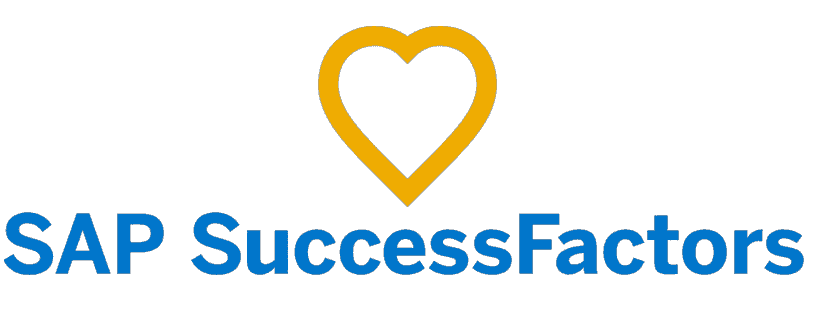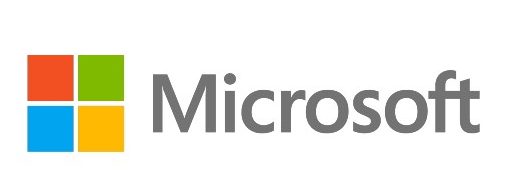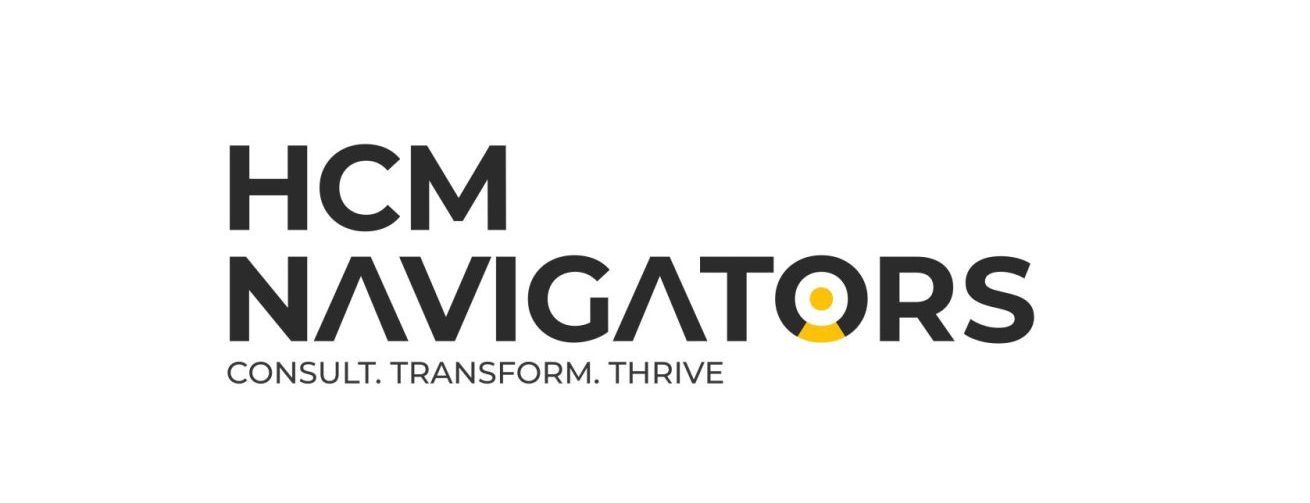
SAP SuccessFactors is a comprehensive suite of cloud-based human capital management (HCM) software products designed to meet the needs of various HR functions within organizations. SAP SuccessFactors is known for its user-friendly interface, scalability, and integration capabilities with other SAP solutions as well as third-party applications. It’s widely used by businesses of all sizes to streamline HR processes, improve employee engagement, and drive organizational growth.
Key components and modules of SuccessFactors include:
Employee Central: This serves as the core HRIS (Human Resource Information System) module, managing employee data, organizational structures, and HR processes.
Recruiting: Facilitates the entire recruiting process, from requisition creation to candidate selection and onboarding.
Performance & Goals Management: Helps in setting goals, tracking performance, conducting evaluations, and providing feedback to employees.
Learning Management System (LMS): Provides tools for creating, delivering, and managing training and development programs.
Succession & Development: Supports succession planning by identifying and developing talent within the organization for key roles.
Compensation Management: Manages compensation programs, including salary, bonuses, and rewards.
Workforce Analytics & Planning: Offers insights into workforce data to aid in decision-making related to staffing, resource allocation, and strategic planning.
Employee Experience Management (Qualtrics): Integrates with Qualtrics to gather and analyze employee feedback to improve the overall employee experience.
Payroll: Integrates with various payroll systems to streamline payroll processes and ensure compliance with regulations.
Time & Attendance Management: Tracks employee time and attendance data, managing scheduling, absence, and leave requests.
Onboarding: Streamlines the onboarding process for new hires, ensuring a smooth transition into the organization.
Workforce Planning & Analytics: Helps in forecasting workforce needs, analyzing trends, and optimizing workforce strategies.

Oracle ERP (Enterprise Resource Planning) refers to Oracle’s suite of integrated business management applications designed to automate and streamline an organization’s core business processes. These processes typically include finance, human resources, supply chain management, procurement, project management, and more.
Key components and modules of Oracle ERP include:
Oracle Financials: This module includes applications for managing financial processes such as general ledger, accounts payable, accounts receivable, fixed assets, cash management, and financial reporting.
Oracle Human Capital Management (HCM): HCM encompasses applications for managing HR processes, including workforce management, talent acquisition, talent management, payroll, benefits administration, and HR analytics.
Oracle Supply Chain Management (SCM): SCM applications cover supply chain planning, procurement, order management, inventory management, logistics, and manufacturing processes to optimize the flow of goods and services across the supply chain.
Oracle Procurement: This module helps organizations streamline procurement processes, manage supplier relationships, negotiate contracts, and enforce compliance.
Oracle Project Portfolio Management (PPM): PPM provides tools for managing projects, resources, budgets, and timelines, enabling organizations to plan, execute, and monitor projects effectively.
Oracle Manufacturing: This module supports manufacturing operations, including production planning, shop floor control, quality management, and product lifecycle management.
Oracle Asset Management: Asset Management applications help organizations track and manage physical assets throughout their lifecycle, from acquisition to disposal.
Oracle Analytics: Oracle ERP includes analytics capabilities that allow organizations to gain insights into their financial, operational, and HR data through reporting, dashboards, and data visualization tools.


